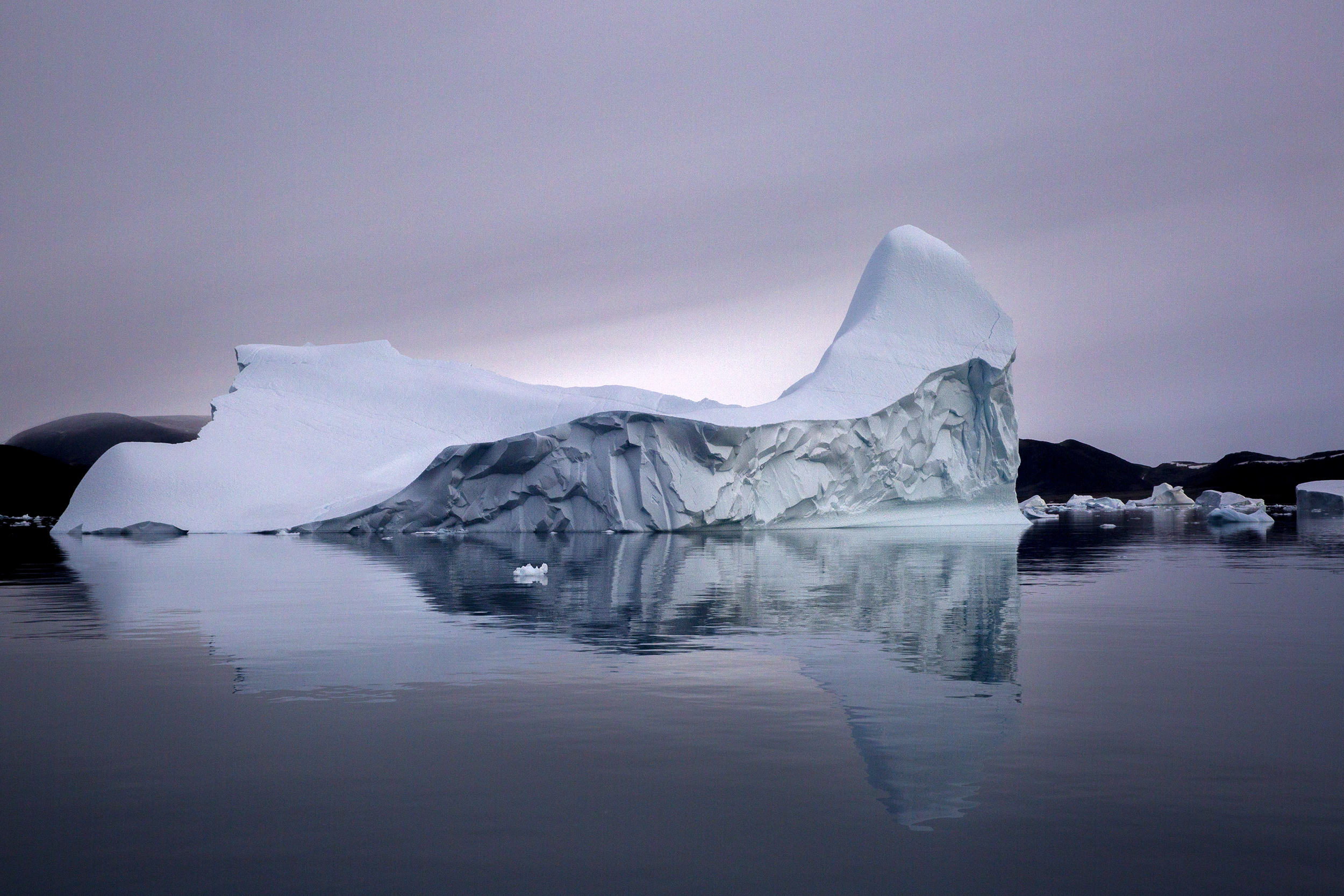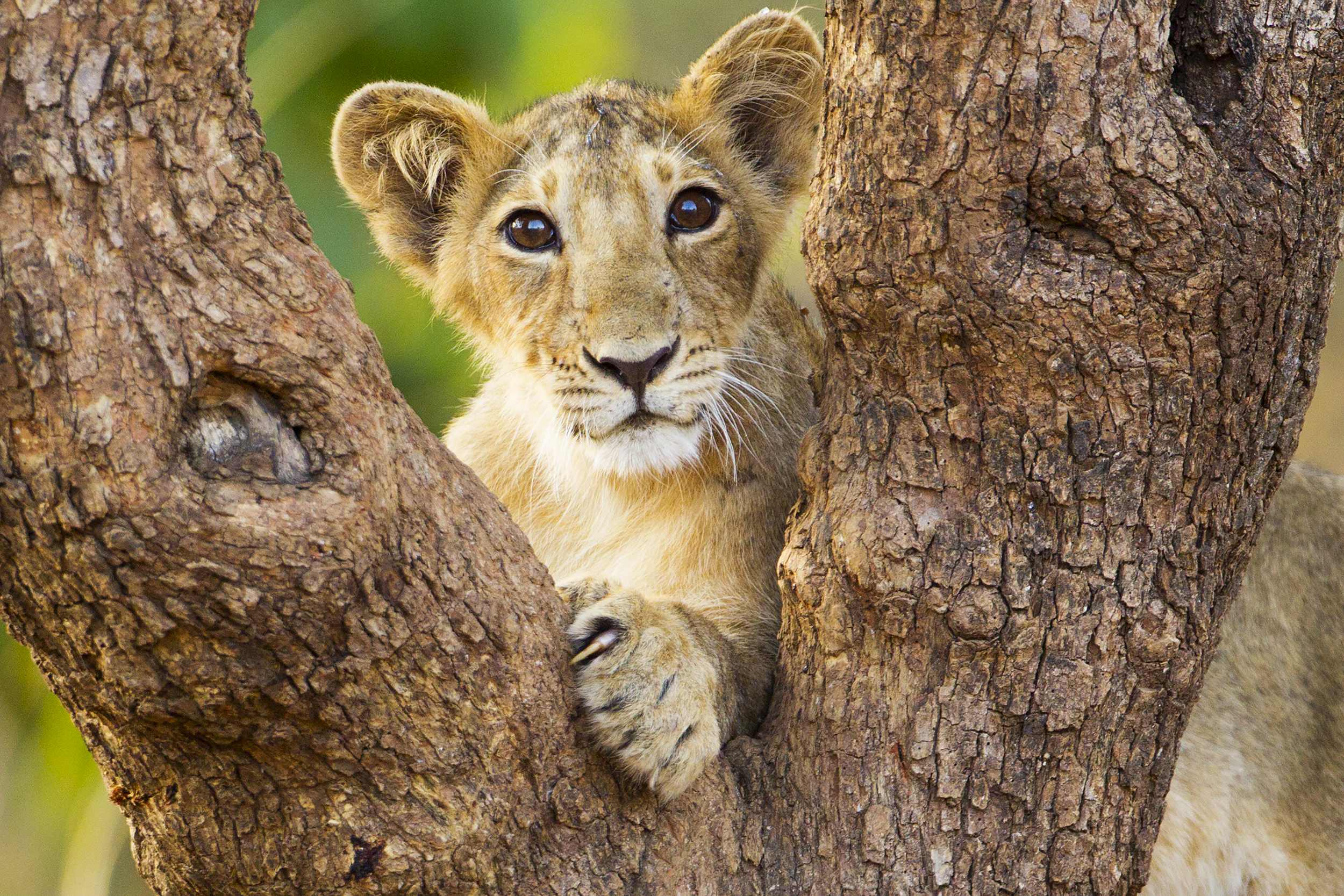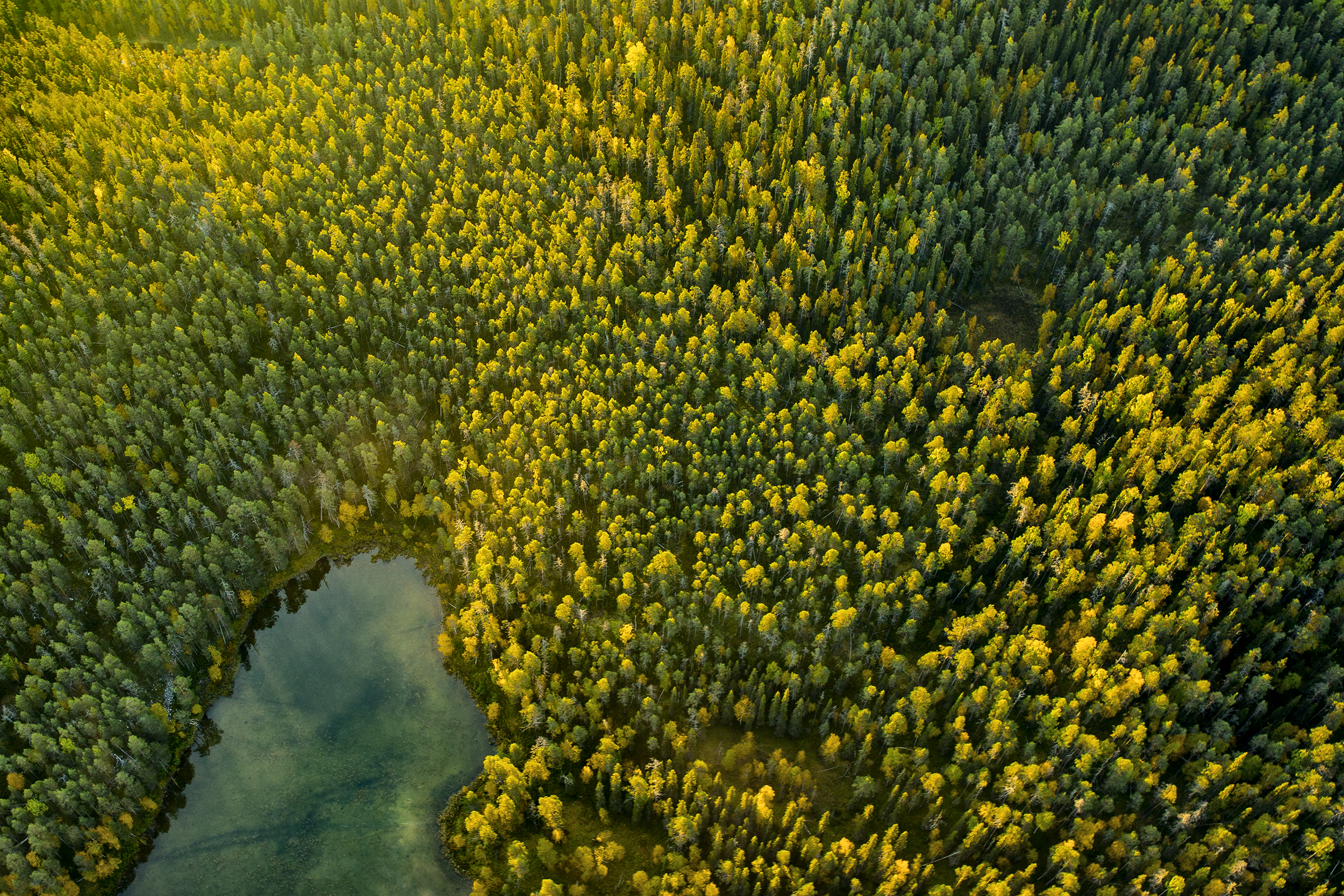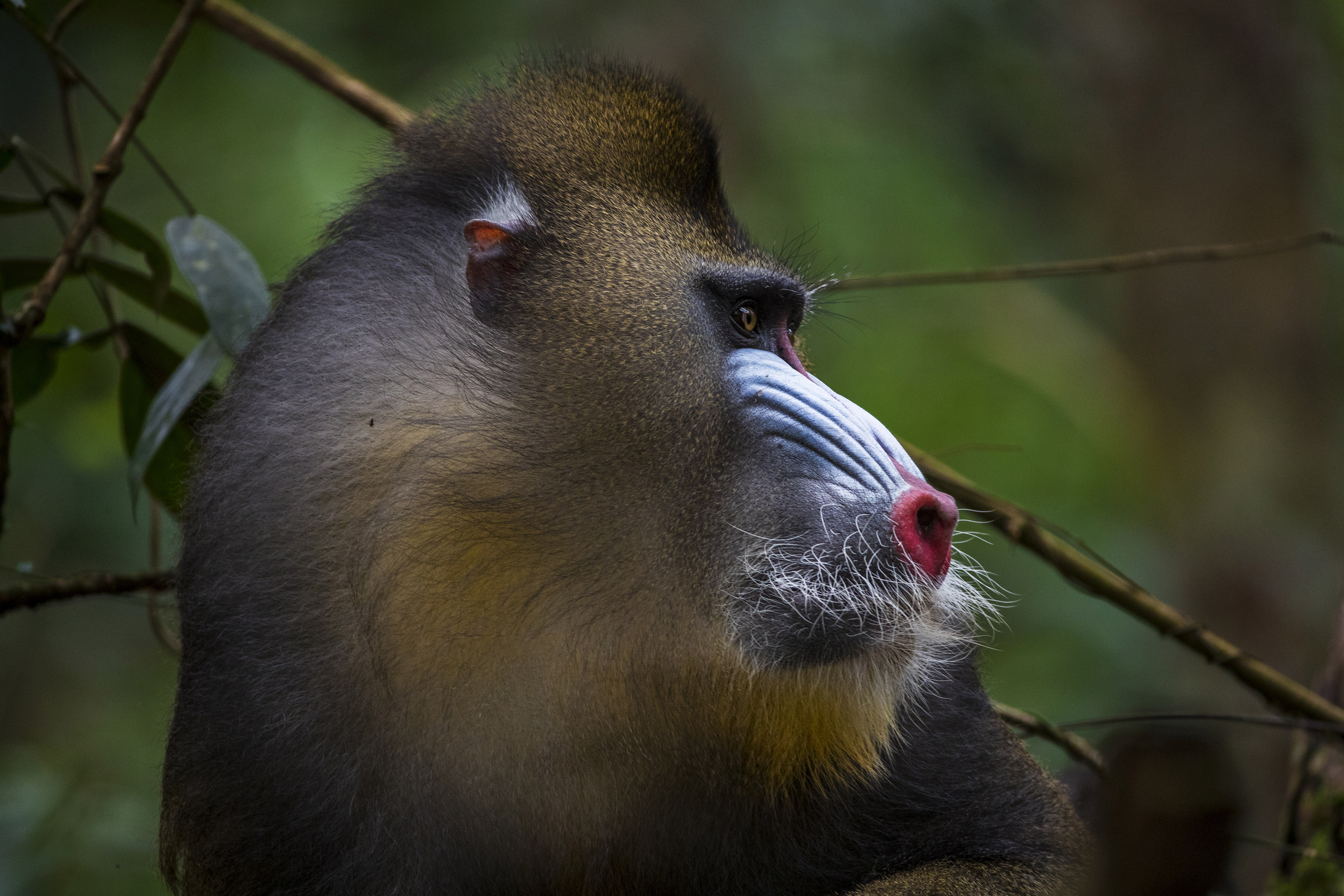CANADA
Whales have always fascinated us and they are often referred to as the gentle giants of the ocean. There is something truly captivating about a 30-ton humpback whale breaching the water into the air. Or when it comes up, just next to you in the zodiac and releases air through the blowhole and we are thrilled while covered in magical whale snot!
Some years back, Uri travelled to Churchill in Hudson Bay to photograph the famous white beluga whales.
“Do you know how cold the water is, do you really want to go into that?” the guide asked Uri.
Uri calmly answered with the question of whether there was a dry suit available. The guide laughed at Uri and replied that he only had a 3 mm wet suit. For those of you who does not know what that means, a dry suit will keep you dry and warm, whereas in a wet suit, the water penetrates the suit and you have to heat the water inside the suit with the warmth of your own body!
“You are in for a cold one, mate,” was the response.
The next morning, he tied Uri to his zodiac with a 25-metre-long rope and dragged him into the open water of Hudson Bay. Within half an hour Uri was surrounded by 50-100 white arctic angles. Uri was happily clicking away while the whales sang their songs to him. This was an out-of-this-world experience! The sun beams penetrated the murky water from above. It made the belugas look like arctic angles with a greenish aura. Uri felt that the belugas were singing their love song to Mother Earth. It was like a dream and he dreamt of them for many weeks afterwards. Here’s an article he wrote for the National Geographic documenting the experience.
CONSERVATION ISSUES
The coastline and estuaries of Western Hudson Bay are teeming with wildlife from belugas, seabirds to polar bears. 55.000 belugas come here every year to rest, moult, give birth and to avoid predation.
Climate change and the resulting loss of sea ice means that there is an urgency to protect these places. The earlier melting of the spring ice puts belugas at greater risk of predation by orca whales that previously only had limited access to this region. Vessel traffic is likely to increase with the loss of sea ice, resulting in environmental hazards, such as pollution from fuel spills and a noisier marine environment.
Right now the annual event of the returning belugas and the abundant wildlife also creates jobs in the tourism industry and allows scientists to study the event. Who wouldn’t want to see this fascinating event? We believe that together, ecotourism and science can make nature conservation too. And Hudson’s estuaries are a good example. Here, the Inuit have lived for thousands of years, dependant on the natural world for their survival. So if we don’t protect it, we also stand to lose an ancient culture.
Watch this video Protecting Manitoba’s Beluga Estuaries by Ocean North on the Ocean Conservation blog.














